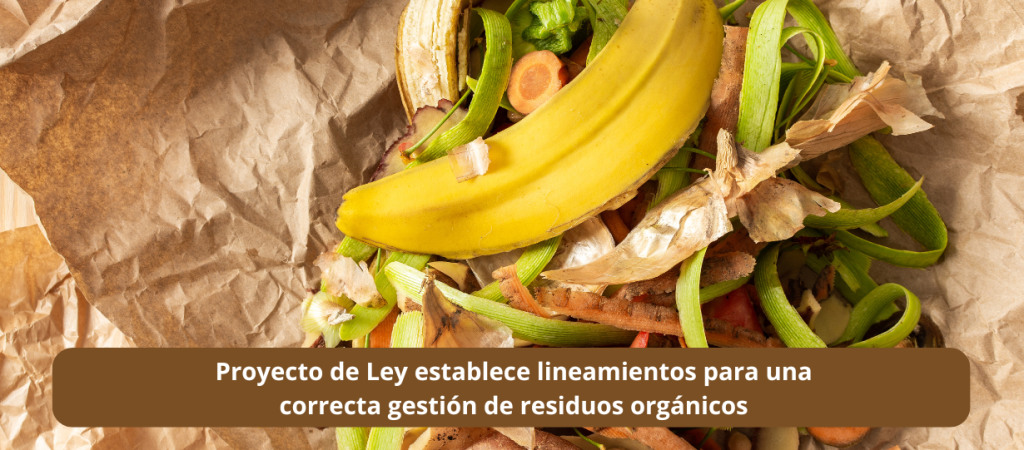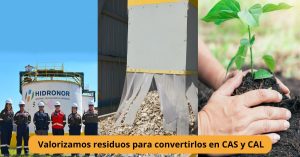
These remains produce methane gas and proliferation of vectors when they are poorly handled during their final disposal.
Organic waste causes various environmental impacts when they are not treated correctly in their final disposal, such as the generation of leachate, odors, greenhouse gases (mainly methane), and the proliferation of vectors.
When these remains are revalued, they could be “well used” to generate energy and nutrients that contribute to the soil, while composting or biodigestion techniques allow the production of animal food and fertilizers, among others.
For this reason, a bill was recently presented that promotes the valorization of organic waste through the establishment of obligations for the differentiated management of household waste, the strengthening of planning and governance of waste management, as well as such as reinforcing the financing of the municipal sanitation service, in addition to extending the useful life of landfills and reducing methane generation.
At Hidronor we support the initiative and contribute to environmental sustainability in the management of organic, industrial and hazardous waste through the service of environmental consulting, providing our clients with a comprehensive vision in the management, storage, treatment and final disposal of waste.
Contributes to the objectives of the circular economy and a more sustainable operation through the revaluation of waste!







